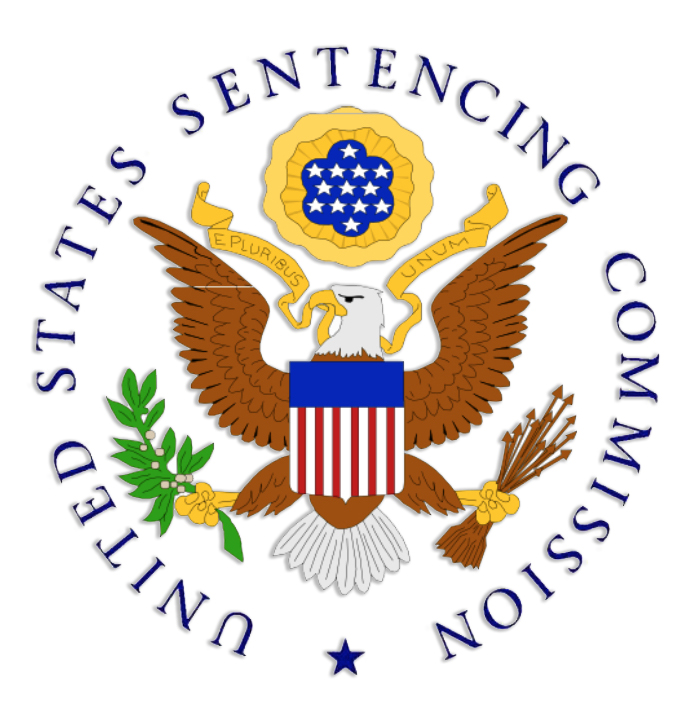We post news and comment on federal criminal justice issues, focused primarily on trial and post-conviction matters, legislative initiatives, and sentencing issues.

BOP ISSUES STEALTH CARES ACT MEMO GIVING THE US ATTORNEY A HECKLER’S VETO
Even if the CARES Act does not expire in two months, the BOP very quietly issued a memo last month that essentially gives the Assistant U.S. Attorney (AUSA) who prosecuted a prisoner being considered for CARES Act a heckler’s veto.
 A “heckler’s veto” is a situation in which a party who disagrees with a speaker’s message can unilaterally trigger events that result in the speaker being silenced. Three weeks ago, an inmate who met all of the BOP’s standards for CARES Act home confinement (BOP, April 22, 2020, and April 13, 2021, memos) was rejected for home confinement by his local BOP Residential Reentry Management office.
A “heckler’s veto” is a situation in which a party who disagrees with a speaker’s message can unilaterally trigger events that result in the speaker being silenced. Three weeks ago, an inmate who met all of the BOP’s standards for CARES Act home confinement (BOP, April 22, 2020, and April 13, 2021, memos) was rejected for home confinement by his local BOP Residential Reentry Management office.
In a response to his administrative remedy, the BOP told the inmate that “the memorandum for Cares Act Home Confinement was recently updated… on December 19, 2022.” Under the new memo, if the CARES Act candidate has 60 months or more remaining on his sentence, “the Residential Re-entry Management office will contact the AUSA office in the respective court of jurisdiction to solicit input regarding the request for Home Confinement. The input from the AUSA is to be considered among factors used by the RRM office in making a Home Confinement decision.”
 The BOP has not suggested it has designated any standards for the AUSA “input.” Like a heckler’s veto, apparently the AUSA can shout down the CARES Act application without a reason, or at least without a reason that relates to the standards the BOP has already set out to qualify for CARES Act home confinement. And thus, the fox has been delegated authority to guard the henhouse.
The BOP has not suggested it has designated any standards for the AUSA “input.” Like a heckler’s veto, apparently the AUSA can shout down the CARES Act application without a reason, or at least without a reason that relates to the standards the BOP has already set out to qualify for CARES Act home confinement. And thus, the fox has been delegated authority to guard the henhouse.
This does pose a conundrum for the government, however. Recall that in August, I reported on Tompkins v. Pullen, a case in which an inmate who was yanked back to prison from CARES Act home confinement argued her due process rights were violated. The government opposed the argument, of course, contending that home confinement was just another designation of an inmate to a facility under 18 USC § 3621, sort of an “FCI Home.” Home confinement was nothing special, the government argued, certainly nothing that came with due process rights.
If that’s so (and the court didn’t buy it), one has to wonder why the AUSA has been given a voice in the CARES Act decision, and why it would consider home confinement anything different than transfer from a medium to a low, hardly anything of interest to the prosecutor.
The BOP Public Affairs office declined to provide me with a copy of the memorandum. I have since requested it through a Freedom of Information Act request, for all the good that will do. Back in October 2017, I filed a BOP FOIA request for a report the BOP provided a congressional committee on pre-First Step Act compassionate release. The BOP filled the FOIA request in October 2022, just a week shy of five years after I filed it.
BOP, Home Confinement (April 13, 2021)
BOP, Home Confinement (April 22, 2020)
– Thomas L. Root



















